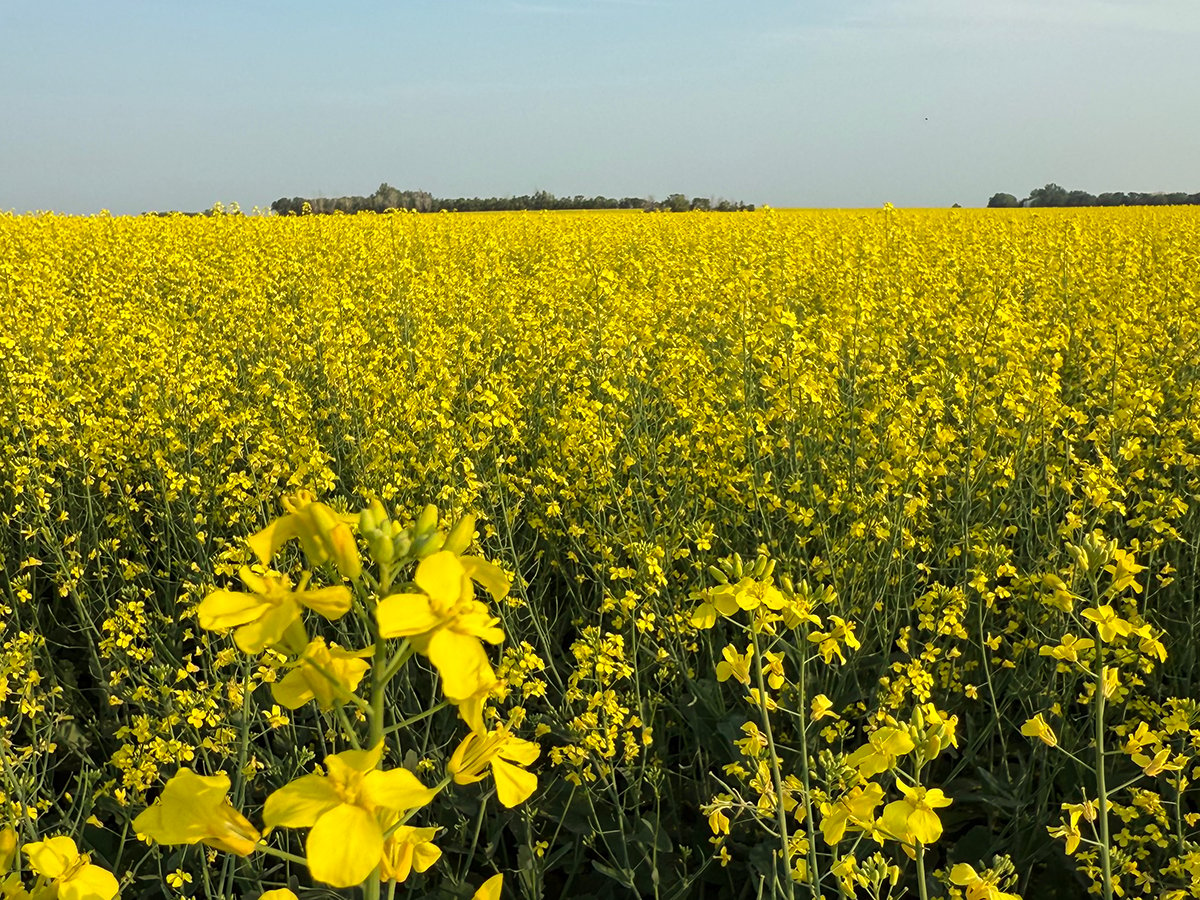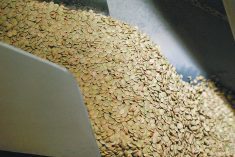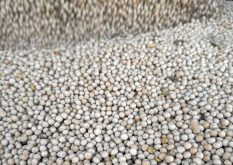Prairie rain is welcome
Just about the best thing that could happen for the Canadian Prairies occurred in many parts last week.
Rain fell. Perhaps too much in some places and too little in others, but overall the moisture was a crop-saving event that brought many smiles.
We aren’t out of the woods yet, but the rain bought us time.
Meanwhile, United States market prices rallied strongly on forecasts of hot, dry weather in the American Midwest, with temperatures peaking at more than 37 C in some places. Canadian prices rose too.
Read Also

Canola support gets mixed response
A series of canola industry support measures announced by the federal government are being met with mixed reviews.
It’s surprising that a little heat would cause such a reaction, particularly after the good-to-excessive moisture levels American farmers have had.
But it is just this wet-to-dry transition that has crop watchers worried.
With lots of easy-to-reach moisture, the U.S. crop has grown shallow roots. If the moisture zone retreats, the roots won’t be able to get a drink just as the corn crop starts to head into the crucial pollination stage.
The plant could suffer drought stress and reduced yield, even though conditions aren’t that bad.
That’s the theory. Time, and weather, will tell.
Genetic approval
AgrEvo announced last week it finally received all the approvals it needs to import a couple of its genetically altered canolas, called genetically modified organisms, into Europe.
This first approval by the European Union of GMO canolas, the varieties Innovator and Independence, is welcome, but it makes little difference to Canadian canola growers because the EU is still a no-go zone for our canola.
That’s because most Canadian canola is not grown on an identity-preserved basis. All canolas, GMOs and regular types are mixed in the handling system. So until Europe approves all GMOs, no Canadian canola can enter.
Future GMOs might move more quickly through the system, now that the trail has been blazed.
But that is not necessarily true. Some EU members such as France and Austria are still sympathetic to the sentiment of a large number of voters who don’t want GMO crops.
One wonders whether there will always be a gap between the number of GMOs Canada approves each year and the ability of the EU to catch up.
Europe is not a regular buyer of our canola.
But it is frustrating that a market that can be at times lucrative is closed to Canada.














